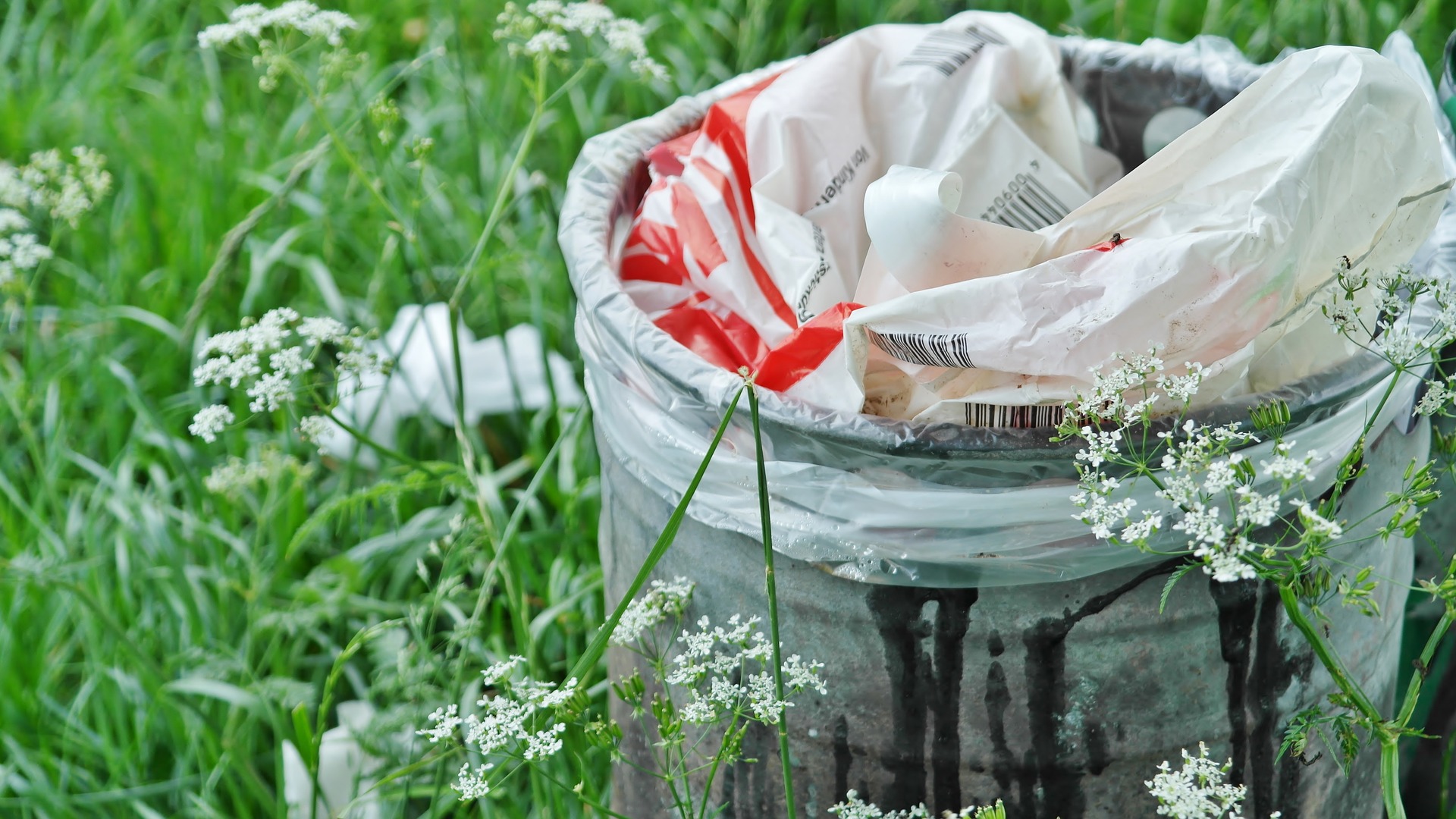Plastic and pollution are very topical problems. That’s why Tronchetto Research uses Research to promote alternatives made of Paulownia vegetable fibers.
As always, we take a step back to understand that we are not talking about projects without solid foundations and a step forward to start explaining what Tronchetto Research is making.
First of all, the attempt to limit plastic pollution had already a real formalization at European Union level in 2015 with the prediction of first measures to be introduced in a mandatory way by the beginning of 2018 and with the invitation by the governments of the various Member States to raise awareness about a careful use of this material. Several studies had shown that systematic and targeted information campaigns in some Member States had brought about a change of general mindset and both citizens and businesses had benefited from a proper balance of differentiation and recycling of materials.
In fact, it was precisely in January of this year that the issue of plastic pollution, particularly with regard to disposable materials, which are produced annually in large quantities, was discussed in Strasbourg, during a plenary session in which new objectives were presented. Among strategies, the Commission has foreseen that by 2030 all plastic packaging must be able to be recycled or reused, the use of microplastics reduced and, above all, funding is planned for those investing in Research and Development in this regard.
Following this meeting, Frans Timmermans, vice-president of the Commission, said that the aim was not to have an ‘anti-plastic strategy’ as this material is indispensable for the economy. “But how can we accept that every second pounds of plastic are thrown into the sea in the world?” he added.
Tronchetto Research has always been innovative in the field of development and innovation thanks to the possibilities offered by Paulownia. In fact, its commitment has not been limited to directing its research to clones that will allow an important return to the agricultural industry. During his career it has put in place various collaborations with national and international partners of depth in the world of scientific-technological Development in order to create business opportunities for companies as well.
Its innovative thrust could not fail to capture the message sent by Europe and has therefore signed a memorandum of understanding for the development of research activities with the CNR for the production of Paulownia vegetable fiber containers. It is a very important project that Tronchetto Research intends to develop more and more, opening up the invitation to entrepreneurs to collaborate.

